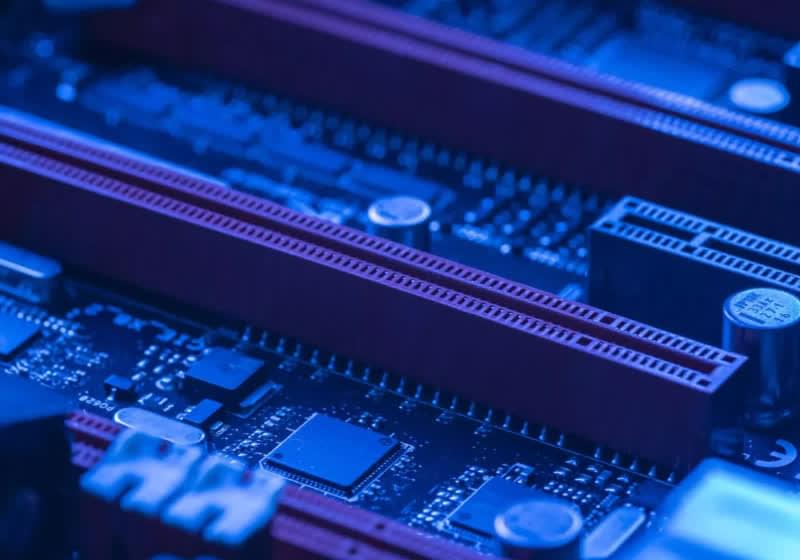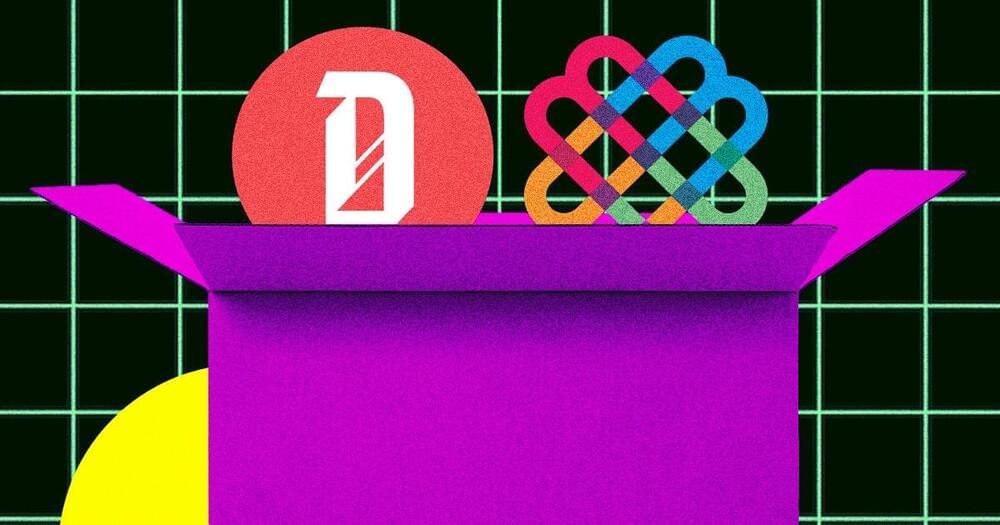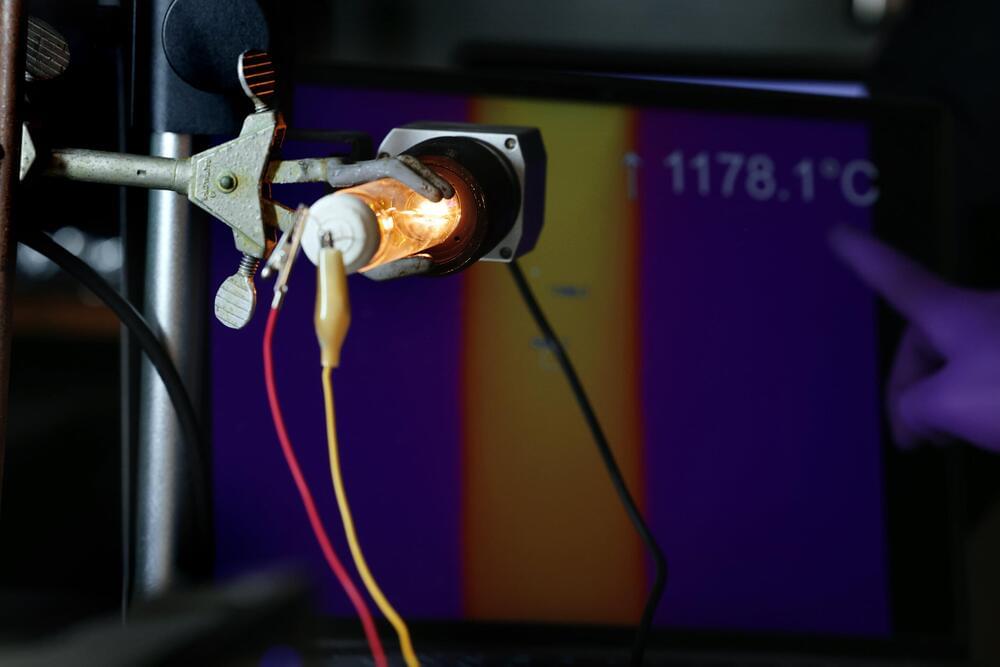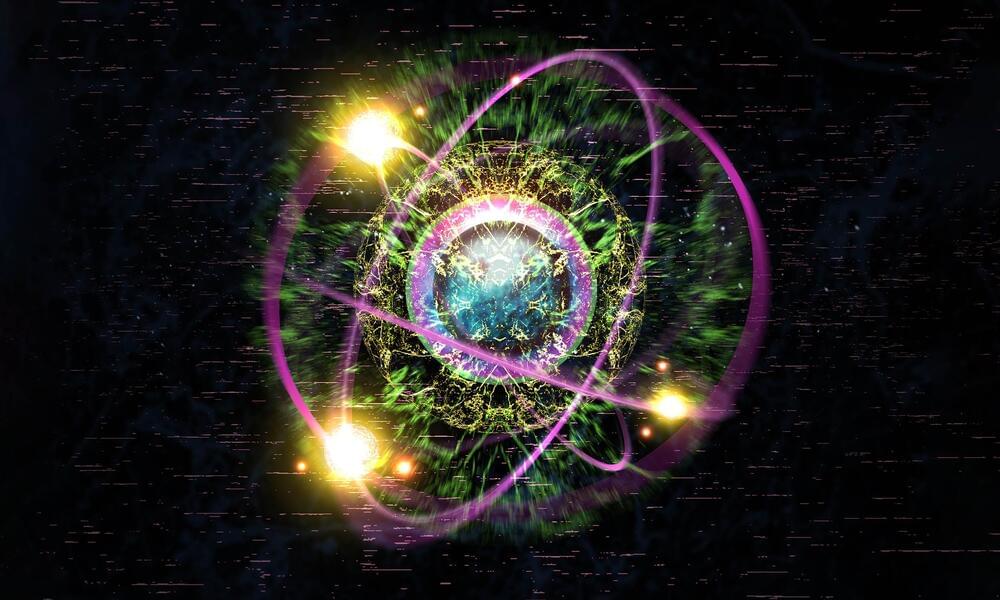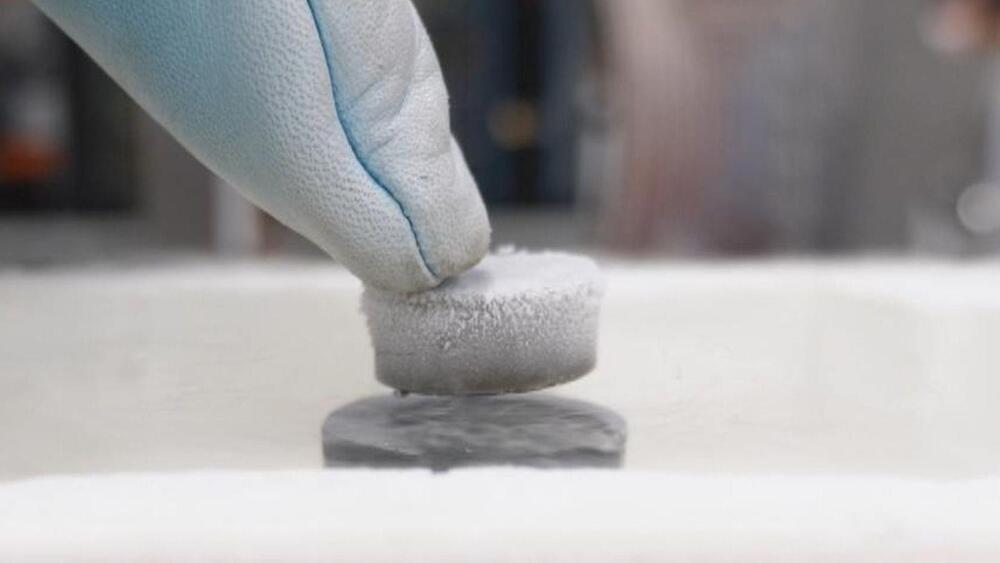PCI-SIG has just released revision 0.7 of the draft specifications, and members are likely scrutinizing every detail. There have been minimal changes since the 0.5 version released last April, which is a positive sign that the core technology is stable. Assuming no major issues arise, 2025 could be the year PCIe 7.0 is officially ratified.
This is supposedly super close now. The waters are muddied, we are possibly already well into Agi, and work is underway for ASI.
Super-agents could make AI a true replacement for human workers.
Properly bitter article on job loss due to AI.
s LLMs?
‘.
As NASA’s Europa Clipper embarks on its historic journey to Jupiter’s icy moon, Europa, Dr. Matt Powell-Palm, a faculty member at Texas A&M University’s J. Mike Walker ’66 Department of Mechanical Engineering, has unveiled groundbreaking research that could transform our understanding of icy ocean worlds across the solar system. The study published in Nature Communications, co-authored with planetary scientist Dr. Baptiste Journaux of the University of Washington, introduces a novel thermodynamic concept called the “centotectic” and investigates the stability of liquids in extreme conditions — critical information for determining the habitability of icy moons like Europa.
Revolutionizing the Search for Habitability.
The exploration of icy ocean worlds represents a new frontier in planetary science, focusing on understanding the potential for these environments to support life. Powell-Palm’s research addresses a fundamental question in this field: under what conditions can liquid water remain stable on these distant, frozen bodies? By defining and measuring the cenotectic, the absolute lowest temperature at which a liquid remains stable under varying pressures and concentrations, the team provides a critical framework for interpreting data from planetary exploration efforts.
Bright, twisted light can be produced with technology similar to an Edison light bulb, researchers at the University of Michigan have shown. The finding adds nuance to fundamental physics while offering a new avenue for robotic vision systems and other applications for light that traces out a helix in space.
“It’s hard to generate enough brightness when producing twisted light with traditional ways like electron or photon luminescence,” said Jun Lu, an adjunct research investigator in chemical engineering at U-M and first author of the study on the cover of this week’s Science.
“We gradually noticed that we actually have a very old way to generate these photons—not relying on photon and electron excitations, but like the bulb Edison developed.”
The new structure would allow for most of ByteDance’s existing investors to retain their equity stakes and would bring more video to Perplexity, according to a source familiar with the situation.
More human than human.
Blade runner — original soundtrack score.
Vangelis.
Scientists suggest paraparticles, a quasiparticle class, potentially redefining physics by challenging the fermion and boson classification.
A rare-earth barium copper oxide (REBCO) is now being used by an Oxfordshire-based company for its superconducting properties in the hope it will make nuclear fusion a practical reality.
